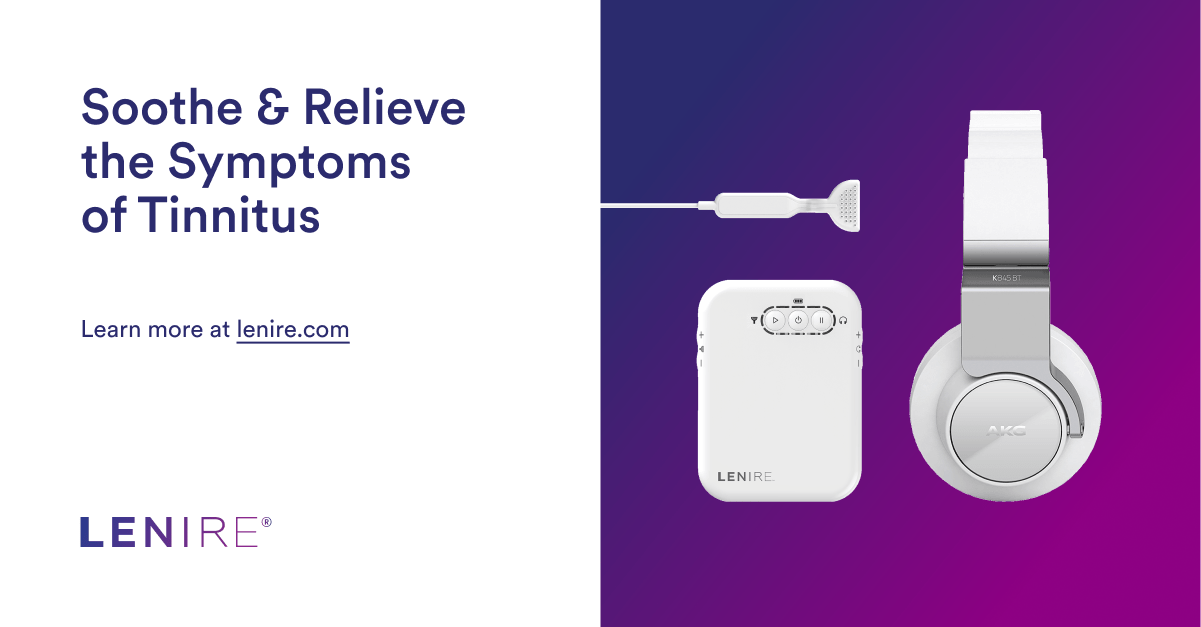Tinnitus is the perception of noise or ringing in the ears with no external source. If you think you are affected by tinnitus, your first step is to undergo a a comprehensive tinnitus assessment and management consultation.
What causes tinnitus?
Tinnitus is often associated with the following issues:
- Hearing loss. People often lose some of their hearing as they get older due to “wear and tear” in the inner ear. Tinnitus could be your brain’s attempt to fill in the gaps of the sounds you can no longer here. Tinnitus can also be more noticeable, as it is no longer masked by other environmental sounds.
- Stress and anxiety. Tinnitus can be more noticeable if you are anxious or stressed.
- Exposure to loud noise. The inner ear can be damaged by exposure to loud noise, which can lead to hearing loss and tinnitus.
- Ear infections. Ear infections, colds, and the flu can cause muffled hearing and tinnitus. The tinnitus will normally be temporary, but it is important to see your doctor who can treat any infection.
- Head and neck injury. Be sure to consult your doctor if you have tinnitus following a head or neck injury.
- Medications. Tinnitus is a potential side effect of some medications. It is a fairly common side effect, and you should not stop taking any medicine without first discussing it with your doctor.
- Other medical conditions. Tinnitus can occasionally be associated with other medical conditions. It is a good idea to get a medical opinion about your tinnitus in order to rule out these conditions.
Treatment for Tinnitus
A tinnitus assessment takes approximately one hour. We will ask about your specific tinnitus experience and how it affects your quality of life. We’ll also evaluate your hearing. Then we’ll make an assessment of the type and severity of your tinnitus, and discuss preventative steps and various management strategies, along with device selection when appropriate. Being treated by an experienced audiologist who is trained in managing tinnitus improves your chance of success in regaining your quality of life.
Ringing in the Ears
Pronounced TIN-ni-tus or tin-NYE-tus. (Both pronunciations are correct.) For many, it’s a ringing sound, while for others, it’s whistling, buzzing, chirping, hissing, humming, roaring, or even shrieking. The sound may seem to come from one ear or both, from inside the head, or from a distance. It may be constant or intermittent, steady or pulsating.




